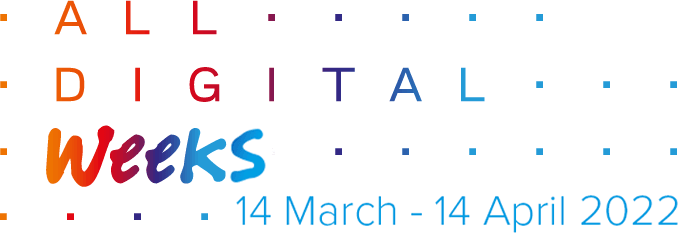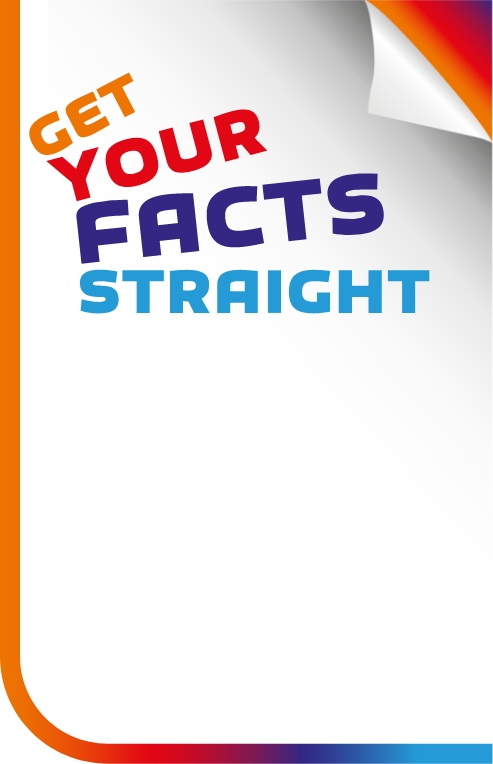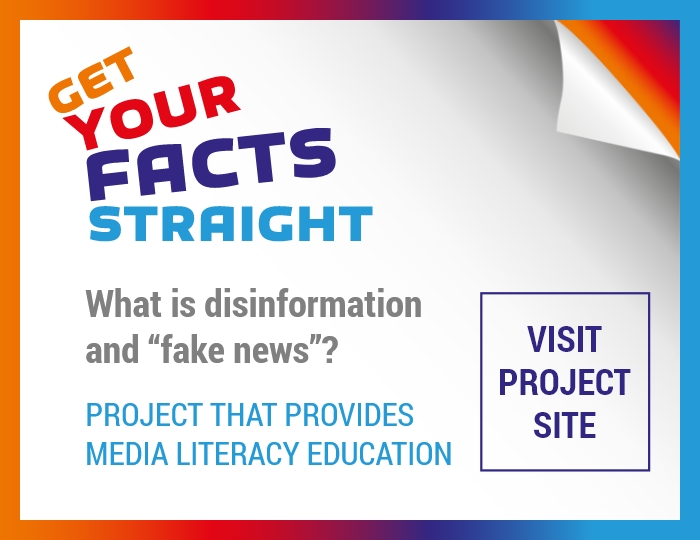
The ALL DIGITAL WEEKS is an annual European campaign which aims to raise awareness about the importance of digital skills and digital inclusion in today’s digital economy and society. The campaign is taking place for the 13th time and the moto of its 2022 edition is “Enhance your digital skills”. It is coordinated by ACTIon project partner ALL DIGITAL, but events and activities are implemented by many partners and organisations all over Europe, reaching to more than 100 000 people.
Since ACTIon aims to enhance the active civic participation of young people using digital tools, it was only natural that the project becomes part of the campaign through an online workshop titled “How to… support young people to use digital tools for active civic participation”. The event took place on 23rd March 2022 at 10h00-11h00 CET via Zoom and gathered 33 participants from project partners, youth organisations, universities, regional governments, social partners, associations in the field of education and training, and even digital skills certification providers.
The first half of the event focused on the ACTIon project. Gabriela Ruseva from ALL DIGITAL presented the project, the rationale behind it and the aims and activities. Young people are using digital technologies and the Internet daily, but only less than 20% are doing so for exercising their citizenship rights and participating in democratic processes (e.g. getting in touch with local and national governments, voting online, contributing to public consultations and having their voice heard on civic matters). ACTIon aims to fill in this gap. Then, Katja Aue from Nexus Institute zoomed in on the two training programmes and their learning objectives – the Model for Opinion Leaders’ Online Activation (MOLA) and the Digital Participation and Active Citizenship programme (DigiPAC). The first programme is designed as a community-based intervention to be implemented over 5 months, while the second is a 3-day modular programme that can be implemented in formal (schools) and non-formal (youth organisations) educational settings. Two tool-specific presentations followed – Ann-Sophie Mangold from Open Space Foundation presented the F.I.R.E. app, the topics and functionalities currently available, as well as the fourth, upcoming module, that is now being developed and tested. Katharina Matzkeit demonstrated the OPIN platform, the first of its kind open platform for youth participation where young people are guided to design, build and carry out their e-participation projects.
During the second half of the event, participants divided into smaller groups and shared their experience and practices on reaching young people, as well as other tools. They pointed that one of the main issues with regard to young online participation awareness and information – young people may be keen to participate online but may not be able to identify the right and trustful tools, information and news sources. Bringing young people closer to decision-makers, by organising meetings between them (there is a dedicated Erasmus+ call for that), was highlighted as a very successful way of getting them involved. A discussion initiated offline can more easily be followed up online. Some of the successful examples of activating young people, that were shared by participants, were the Young Service Steward Program, the DiscoverDigital project and the European Youth Portal.
For those who missed the event, the recording is available on the ALL DIGITAL YouTube Channel:



























